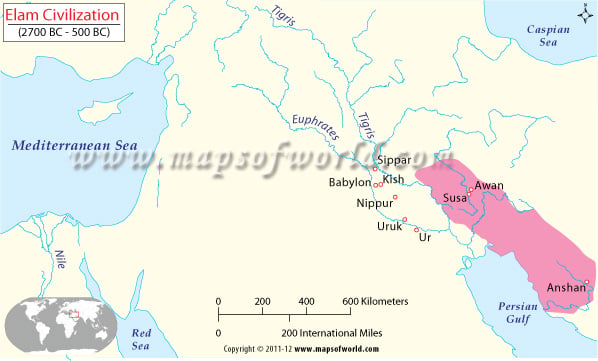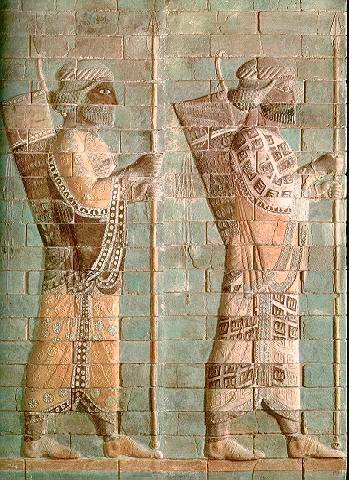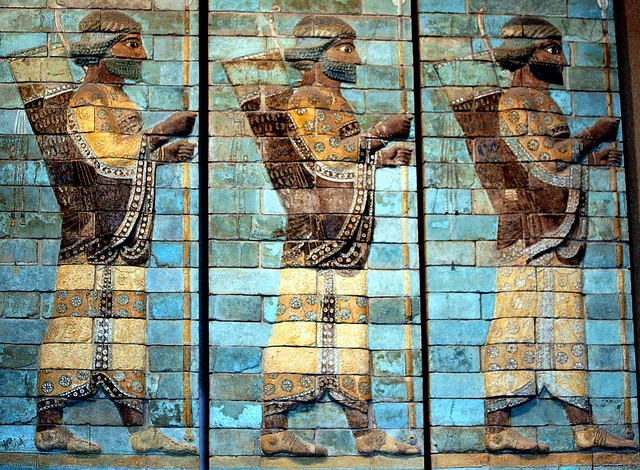-Athens is plural, it was only made Athen or singular quiet recently. This obviously indicates there are multiple athens.
-I have also learned that the word Athens along with most other ancient greek cities have no indo-european background and are of black african origins as it was built and founded by black africans
-The word Athens is actually the greek word for an african goddess called Neith. Originally it was thought that athens was named after the greek goddess athena, which is true. But we now know that athena and Neith are the same god. Athena was brought to Greece by Africans who moved through Egypt and into Greece. They are both goddess of war and basically the same thing and share similar stories.
Roots of the words
Athena > thn
neith > nth
They are very similar and linguist recognize it to be the same word, it was the basis that harvard professor wrote the book black athena upon
I have also found other greek gods of seeming black origin
Ares > rs = god of war in greece
Reshep > rsp = god of war in egypt
In many cases we can find art where romans or greek are combining their gods with egyptian gods
Here is jupiter ammon from europe
Clearly he is not white and is black.
Other things I have learned
-Andromada was a ethiopian woman
-Queen Cassiopeia, was wife of the king of ethiopia Cepheus, King of Aethiopia and mother of andrmada
-Menmon was an ethiopian king who was a central figure in the famous trojan wars
-Classical scholars generally accept odyseuss was ethiopian or black and he is a hero and king of Ithaca (greece) whose adventures are the subject of Homer's Odyssey; he also played a key role during the Trojan War
Quote:
| Roman writers and later classical Greek writers such as Diodorus Siculus believed Memnon hailed from "Aethiopia", a geographical area in Africa, usually south of Egypt. Because the original historical work by Arctinus of Miletus only survives in fragments, most of what is known about Memnon comes from post-Homeric Greek and Roman writers. Homer only makes passing mention to Memnon in the Odyssey.[3] Herodotus called Susa "the city of Memnon,"[4] Herodotus describes two tall statues with Egyptian and Ethiopian dress that some, he says, identify as Memnon; he disagrees, having previously stated that he believes it to Sesostris.[5] One of the statues was on the road from Smyrna to Sardis.[6] A carved figure matching this description has been found near the old road from Smyrna to Sardis.[7] Pausanias describes how he marveled at a colossal statue in Egypt, having been told that Memnon began his travels in Africa: In Egyptian Thebes, on crossing the Nile to the so called Pipes, I saw a statue, still sitting, which gave out a sound. The many call it Memnon, who they say from Aethiopia overran Egypt and as far as Susa. The Thebans, however, say that it is a statue, not of Memnon, but of a native named Phamenoph, and I have heard some say that it is Sesostris. This statue was broken in two by Cambyses, and at the present day from head to middle it is thrown down; but the rest is seated, and every day at the rising of the sun it makes a noise, and the sound one could best liken to that of a harp or lyre when a string has been broken.[8] |
All with sources
The Odyessy
Herodotus, Histories 5.54, 7.151.
Pausanias, Description of Greece (Harvard University Press; William Heinmann Ltd. 1918).
Hence it makes sense why Susa Elam allowed the experts to conclude these people were blac

It would also explain why all the ancient iranian artifacts look like black people and not mdoern dday white iranians with exaggerated point noses and hook noses, do you see any hook noses in the art, you be the judge. Further many of the persian people in greek religion appear to be black persians and heavily assocaited with ethiopia like perseus
Ancient ELam or iran







Modern iranian
I'd also note that often the black gods like athena are highly associated with the black warriors and kings like odyseeus.



No comments :
Post a Comment
Note: only a member of this blog may post a comment.